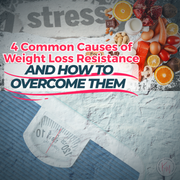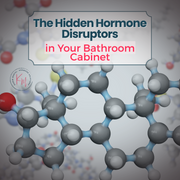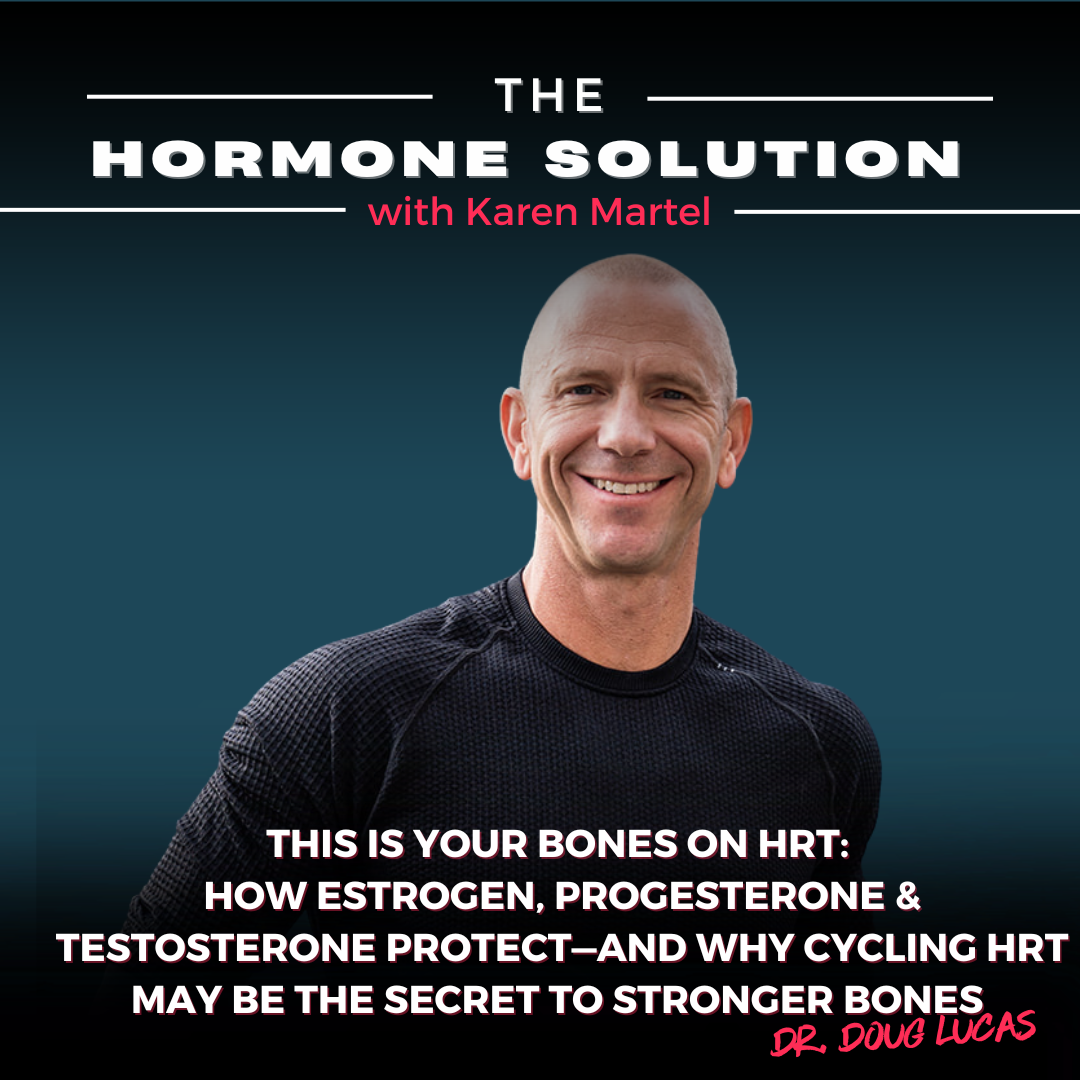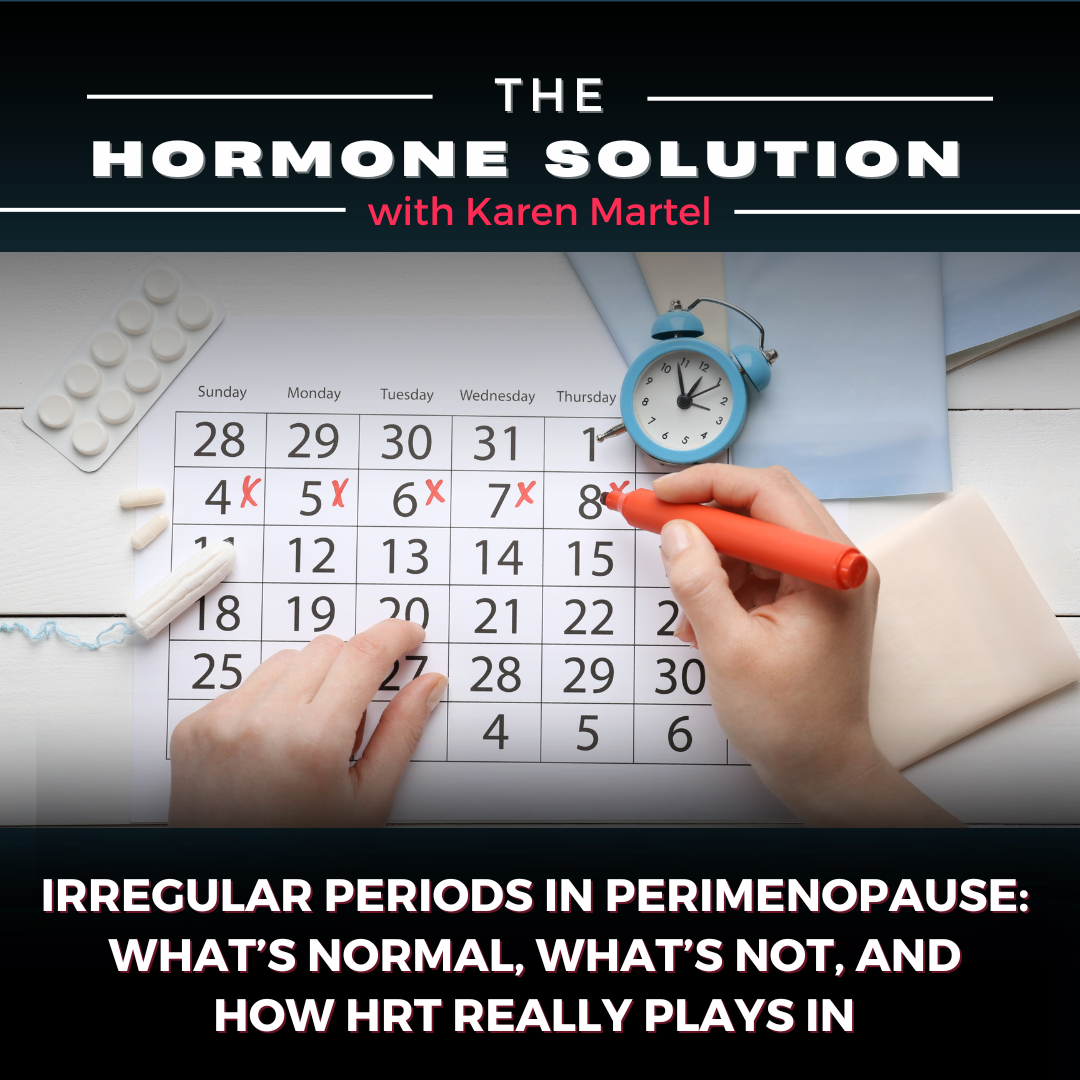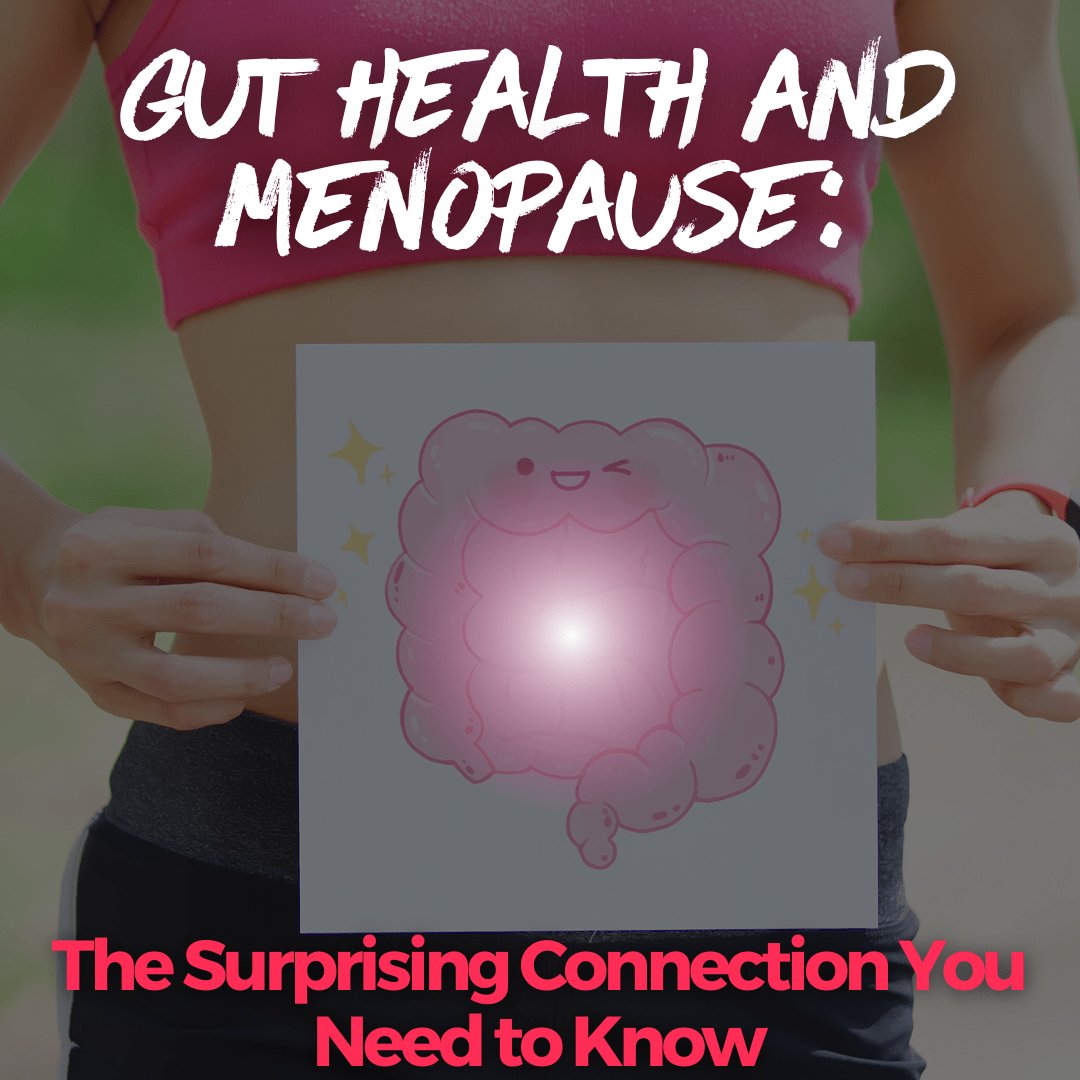
Gut Health and Menopause: The Surprising Connection You Need to Know
The Power of Gut Health in Balancing Your Hormones Ladies, we all know that a good diet is a game-changer when it comes to thriving through menopause. But here's some exciting news: research shows that taking care of our gut health can do even more! It can help diminish those pesky menopausal symptoms—and in some cases, even stop them in their tracks. Gut Health and Hormones: A Fascinating Connection Let’s dive into the fascinating connection between our gut health and hormones. Research shows that improving the diversity and balance of our gut microbiome can significantly ease menopause symptoms. By nurturing our gut, we can help diminish those bothersome hot flashes, night sweats, and mood swings. Here’s the scoop: researchers have found that the makeup of the gut microbiome differs between males and females, at least in mice. These differences are influenced by sex, but they can be tricky to spot because genetic variations often overshadow them. Studies on cells, animals, and even some human observations confirm that our hormonal environment can shape our gut microbiome.
On the flip side, there's growing evidence that the gut microbiota can regulate sex hormone levels through its metabolites, interactions with the immune system, chronic inflammation, and even the gut-brain axis. This means there's a two-way street between our hormones and our gut health, and scientists are still uncovering the exact mechanisms.
The Crucial Role of Our Gut Microbiome
Our gut microbiome is crucial for overall well-being and impacts everything from brain function and mood regulation to our immune system and metabolism. This delicate biome can change with diet, age, and illness, making it essential to nurture it properly. With countless microbes making up our gut biome, maintaining its health can lead to smoother hormonal balance and a more comfortable menopause journey.
When one type of microbe takes over, our gut biome goes haywire – and this can seriously affect our body and mind. No wonder keeping our microbiome in balance is such a hot topic in medical research!
How Does Gut Health Fit into Menopause?
Here’s the lowdown: Higher levels of estrogen and progesterone boost the diversity of your gut bacteria by feeding them. And in return, a more diverse gut microbiome helps recycle and circulate more hormones back into your system.
For postmenopausal women, estrogen and progesterone levels are super low. So, the recycling job done by your gut bacteria becomes even more crucial in determining how much of these hormones make it into your bloodstream.
The Role of Translocation
What about this thing called translocation? It’s a fancy term for when bacteria or their byproducts sneak into your bloodstream. Usually, your gut lining, especially the intestinal epithelium, acts as a defense barrier to prevent this. But sometimes, these barriers get breached, and that’s when trouble starts.
Gut Health and Bone Strength
Now, let’s talk about bones. As estrogen levels drop during menopause, the risk of osteoporosis increases. Surprisingly, gut bacteria play a role in bone health, and early research suggests that probiotics might help keep bones strong.
The Power of Phytoestrogens
Certain plants, like soy, contain phytoestrogens called isoflavones. Some gut bacteria can convert these isoflavones into estrogen-like compounds, which can act like estrogen. When estrogen levels are low, these compounds can mimic estrogen and might help reduce menopause symptoms like hot flashes.
So, your gut bacteria might help restore some hormonal activity during menopause.
Changes in the Gut Microbiome During Menopause
What changes in the gut microbiome during menopause? Studies have shown mixed results, but a review from April 2022 looked at 10 studies and found that gut bacteria diversity tends to decrease after menopause. Some studies found that postmenopausal women’s gut microbiomes were more similar to men’s than premenopausal women’s.
Levels of certain bacteria change too. For example, after menopause, there tend to be lower levels of Ruminococci, which produce health-benefiting short-chain fatty acids, and higher levels of bacteria like Dorea and Prevotella, which have been linked to obesity.
Inflammation and Obesity-Associated Bacteria
In one of the largest studies to date, scientists found that postmenopausal women had increased levels of inflammation and obesity-associated bacteria.
The Estrogen Microbiome
In our gut, there's a collection of bacteria known as the estrobolome, which plays a crucial role in processing and modulating estrogen. The liver deactivates estrogens, which are then removed through the bile duct into our gut and eventually exit via our feces. However, an enzyme called beta-glucuronidase, secreted by certain microbes, can reactivate these estrogens, recycling them instead of losing them. This means more estrogen can help with gut repair and potentially influence estrogen activity outside the gut, like in our cardiovascular system and brain, especially after menopause.
The Gut-Hormone Axis
There’s growing evidence suggesting the gut-hormone axis affects the amount of active estrogen in our body, impacting our weight, libido, mood, heart, brain, and vaginal health. During perimenopause, fluctuating estrogen levels can disrupt our gut microbiome, including the estrobolome. This disruption might be linked to common menopausal symptoms like IBS, bloating, hot flashes, weight gain, anxiety, brain fog, low energy, mood swings, loss of libido, vaginal pain and dryness, UTIs, and poor sleep. Focusing on gut health and supporting a diverse microbiome with specific bacterial strains during this time can alleviate many of these unwanted symptoms, helping us sail through menopause with more ease and vitality!
The Big Picture
In the end, menopause does seem to affect the gut microbiome, but we need more research to understand what this means for health. Hormones definitely play a role, but other factors like changes in the immune system and gut transit time could also be important.
So, while we wait for more research, there are still plenty of things you can do to support your gut health at any stage of life.
Want a Healthier Gut? Here's How:
- Fiber Fix: Get 30g daily from foods like flaxseeds and beans for digestion.
- Probiotic Boost: Try yogurt or kefir to support gut health.
- Protein Power: Lean meats and nuts build hormones and energy.
- Healthy Fats: Salmon and avocados fuel your body and brain.
- Stay Active: Exercise keeps your gut and energy levels in check.
- Stress Relief: Deep breaths and calm activities aid digestion and mood.
What about HRT and Gut Health?
While the research is still emerging, here are some key points that highlight the potential benefits of HRT for the gut:
- Gut Barrier Function: Estrogen may help maintain the integrity of the gut barrier, reducing the risk of "leaky gut."
- Microbial Diversity: HRT could help maintain or restore the diversity of gut bacteria, often reduced after menopause.
- Inflammation Reduction: HRT has been linked to lower inflammation levels, contributing to a healthier gut.
- Bone Health: Gut bacteria play a role in bone health, and HRT supports this by maintaining bone density.
- Metabolism and Weight: Changes in gut microbiome influenced by HRT may aid weight management.
- Cardiovascular Health: Gut bacteria influence estrogen metabolism, which can impact heart health.
Key Studies:
- Estradiol and Gut Barrier Protection: Lab studies show estradiol protects mucus-producing cells in the gut lining, reducing inflammation.
- Gut Microbiome Diversity: Research indicates that women on HRT have gut microbiomes with higher diversity.
- Inflammation Reduction: Studies highlight that HRT can reduce inflammatory bacteria in the gut.
Conclusion:
While more research is needed, current evidence suggests that HRT may benefit gut health by maintaining microbial diversity, protecting the gut barrier, and reducing inflammation. As always, discuss options with a healthcare provider to find the best solution for your needs.

Find Karen Martel on Apply Podcast
Karen Martel is a Certified Hormone Specialist and Transformational Nutrition Coach dedicated to empowering women through their health journeys.
As the host of the popular podcast The Hormone Solution, Karen tackles the complexities of hormonal health, weight loss resistance, and the challenges that come with perimenopause and menopause.
Her mission is to disrupt outdated narratives surrounding women's health, providing reliable information and practical solutions that help women reclaim their vitality.
Tune in to discover how to embrace life's stages while enhancing overall well-being.


